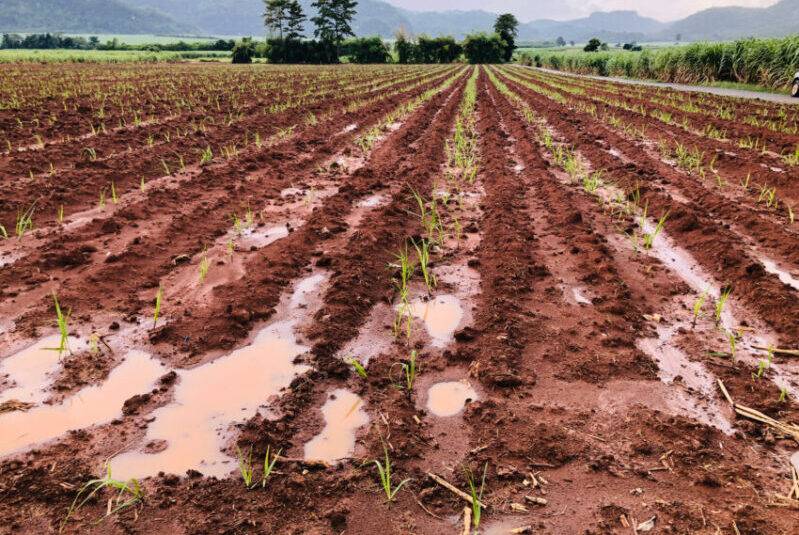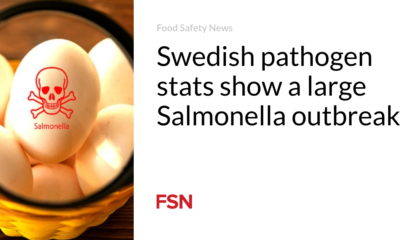Business
Major crop shortages could lead to price increases for bread, beer and cookies

Britain is dealing with the aftermath of a ‘washout winter’ that threatens to drive up prices for essential goods such as bread, beer and biscuits, as yields of key crops face a significant drop of almost a fifth as a result of unprecedented wet weather conditions.
Analysis carried out by the Energy and Climate Intelligence Unit (ECIU) indicates that key crops such as wheat, barley, oats and oilseed rape could fall by 17.5% this year, representing a reduction of 4 million tonnes compared to 2023.
Farmers in the UK have borne the brunt of persistent rainfall and adverse weather conditions throughout the winter months, exacerbated by the onslaught of eleven named storms since September.
In England alone, rainfall levels rose to 1,695.9mm between October 2022 and March 2024, marking the wettest eighteen-month period since 1836.
This deluge has made the fields waterlogged, making them unsuitable for planting or applying fertilizers, thus hindering the establishment of crops.
Tom Lancaster, a land analyst at ECIU, said: “This washed-out winter is wreaking havoc on farmers’ fields, leaving soils so waterlogged that planting cannot take place or too wet for tractors to apply fertiliser.
“This is likely to mean not only a financial blow to farmers, but also higher imports as we look to fill the gap left by a shortage of supply in Britain. There is also a real risk that the price of bread, beer and cookies will rise, because the poor harvest can lead to higher costs.
“To cope with the wetter winters caused by climate change, farmers need more support. The government’s green farming programs are crucial to this, as they help farmers invest in their soil so they can recover faster from both floods and droughts.”
To address the challenges posed by increasingly wetter winters due to climate change, Lancaster emphasized the importance of government support, particularly through green agriculture programs aimed at increasing soil resilience to floods and droughts.
The ECIU’s analysis, based on data from the Agriculture and Horticulture Development Board (AHDB) and the Department for Environment, Food, and Rural Affairs (Defra), underlines the seriousness of the situation. Substantial declines are expected for several crops, with wheat, winter barley and oilseed rape particularly hard hit.
While production of spring barley and summer oats is expected to increase, farmers are allocating more land to spring crops in response to the challenges associated with planting and growing winter crops.
The National Farmers’ Union (NFU) has raised concerns about the impact of flooding on agricultural productivity and food security, stressing the urgency of providing additional support to affected farmers.
Colin Chappell, an arable farmer from Lincolnshire, highlighted the profound impact of the wet weather on crop planting, with some fields left unplanted due to persistent adverse conditions.
As Britain grapples with the aftermath of a ‘washout winter’, concerns about food prices are mounting. The head of Associated British Foods, a major bread manufacturer, has warned of the potential for price rises unless bigger harvests abroad offset the rising cost of domestic grains.













